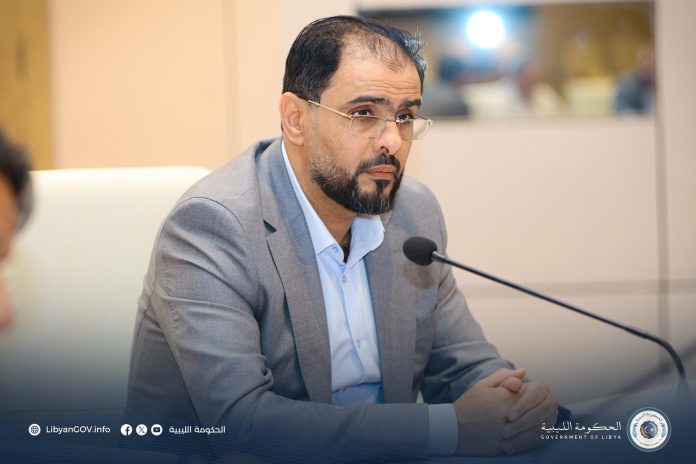The General Assembly addresses structural reforms, assesses mid-year performance, and outlines measures to stabilize the power grid amid ongoing challenges
Soldecanarias.net / Benghazi
Libyan Prime Minister Dr. Osama Hamad chaired the first ordinary and extraordinary meeting of the General Assembly of the General Electricity Company for 2025, in his capacity as president of the assembly. The session, held in Benghazi, focused on major structural reforms aimed at enhancing institutional performance and reinforcing the operational capacity of the country’s main electricity provider.
One of the key topics on the agenda was the reorganization of the Board of Directors and the Supervisory Board, a strategic move designed to optimize internal management and address the growing challenges in the energy sector. According to official sources, the restructuring aims to improve service quality and ensure greater efficiency and transparency in the company’s operations.
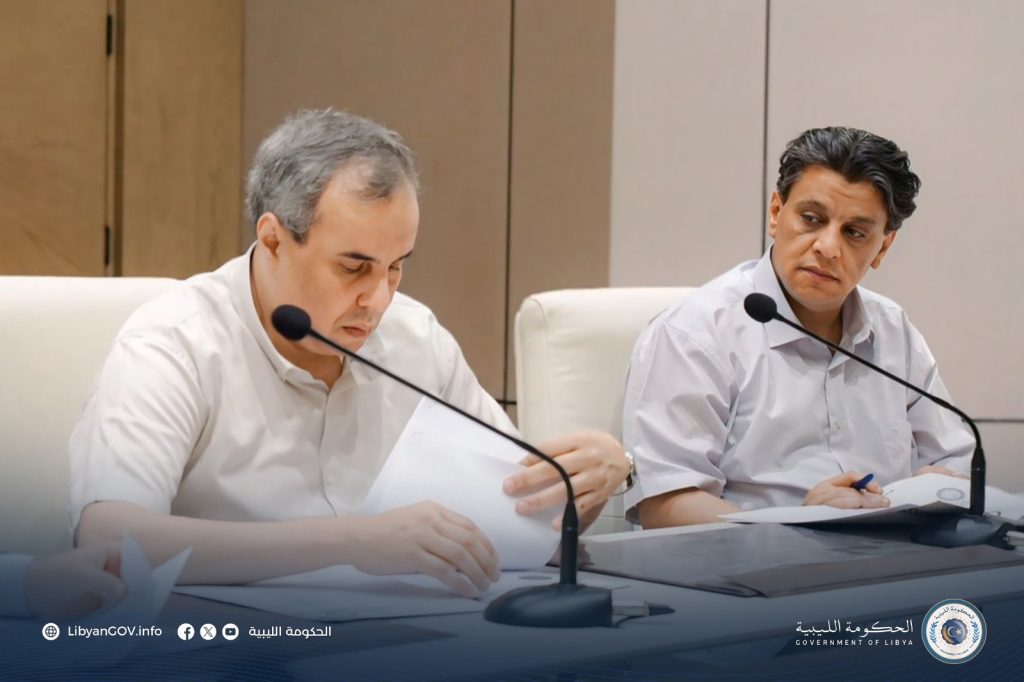
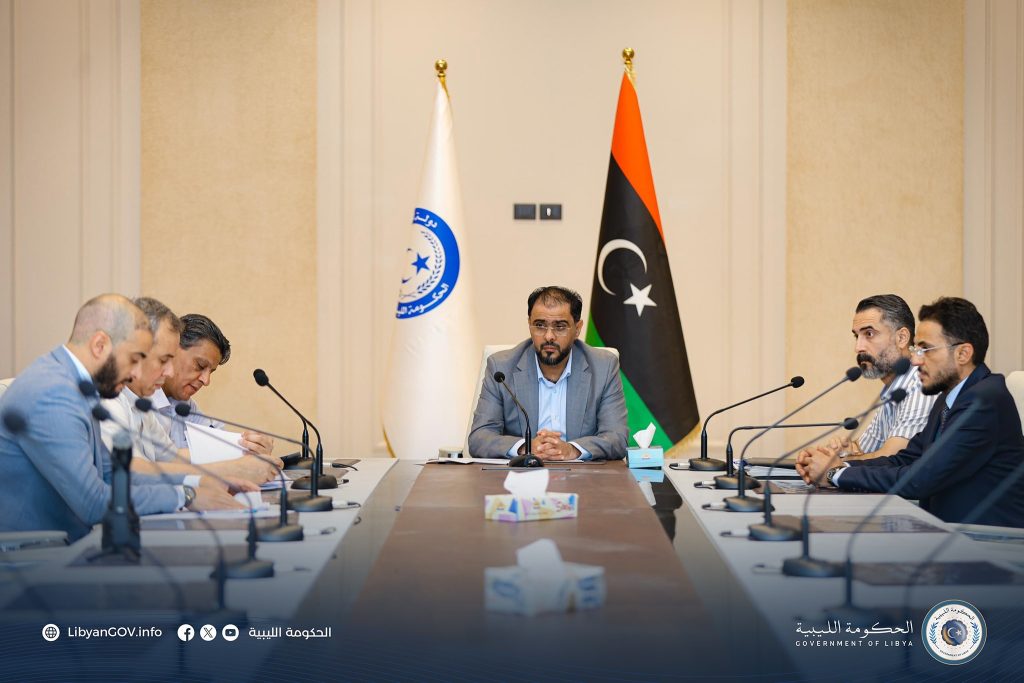
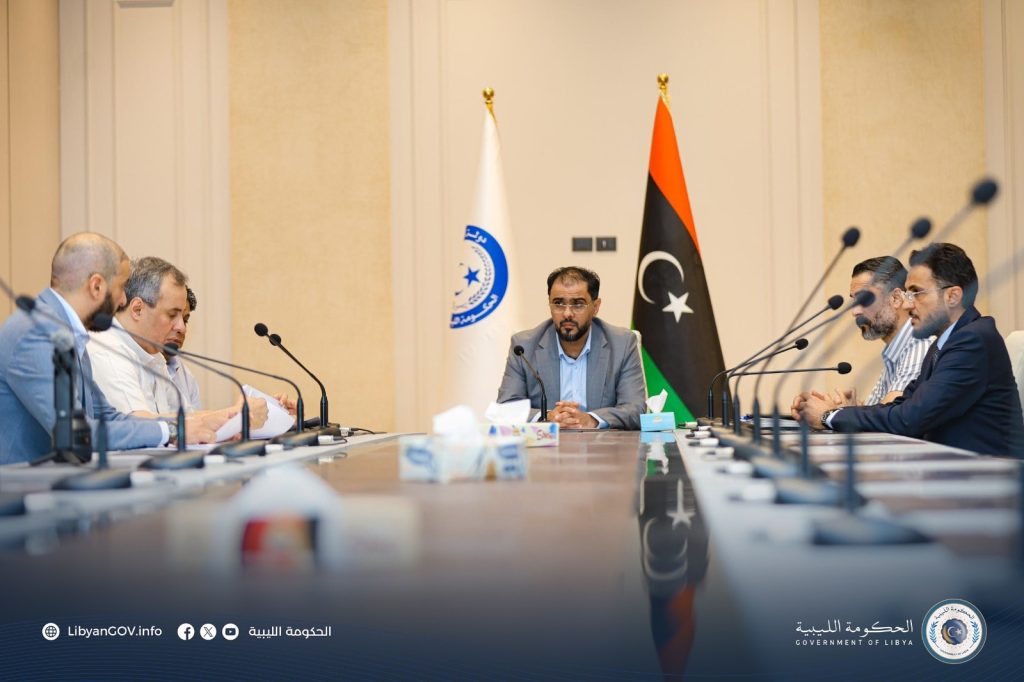
The meeting also saw the approval of amendments to the company’s foundational regulations, based on Resolution No. 1067 of 1984 issued by the former General People’s Committee, marking a significant step towards modernizing the legal framework of Libya’s energy sector.
In addition, the session included a review of the company’s technical and operational performance during the first half of 2025. Key issues analyzed included the ongoing difficulties facing the national electricity grid, such as overloads, scheduled blackouts, and maintenance challenges. Progress on infrastructure development and rehabilitation projects was also assessed, with the goal of ensuring a stable and sustainable power network in the long term.
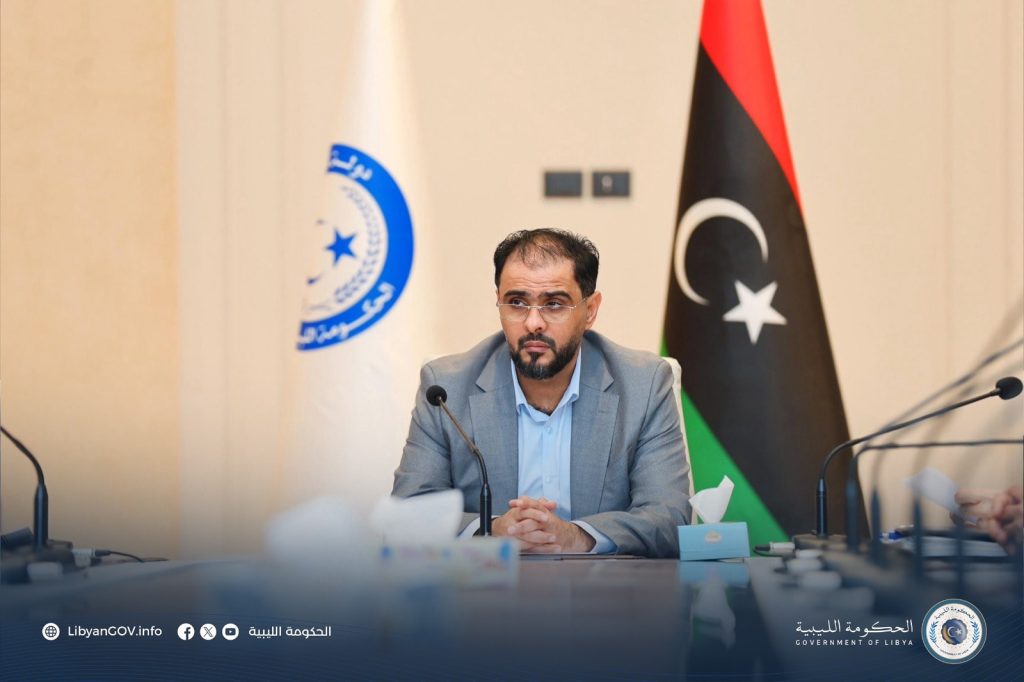
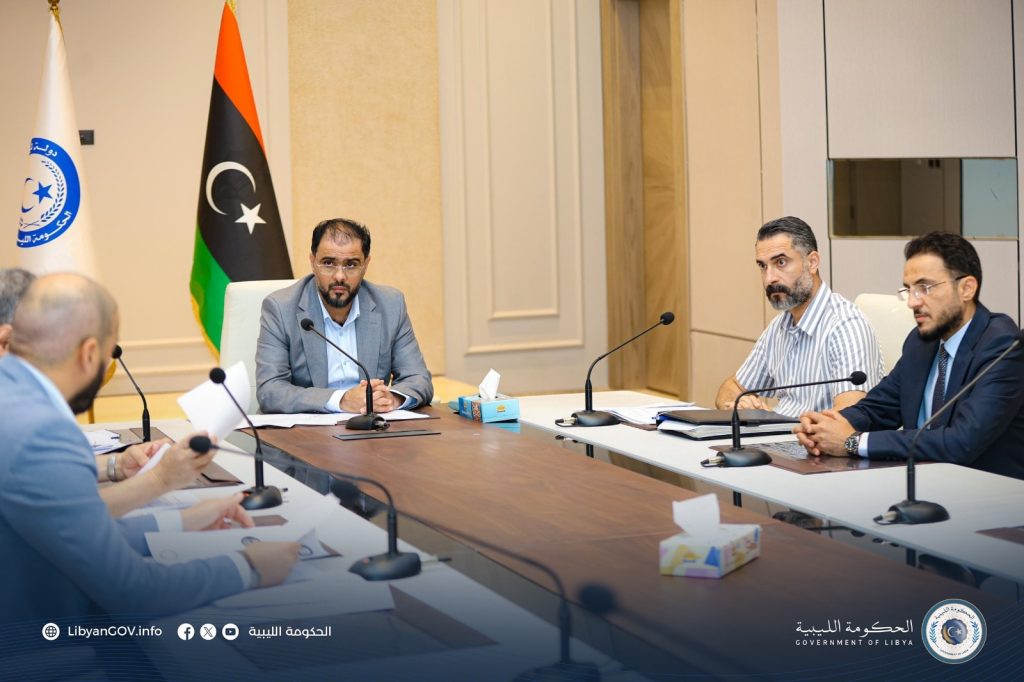
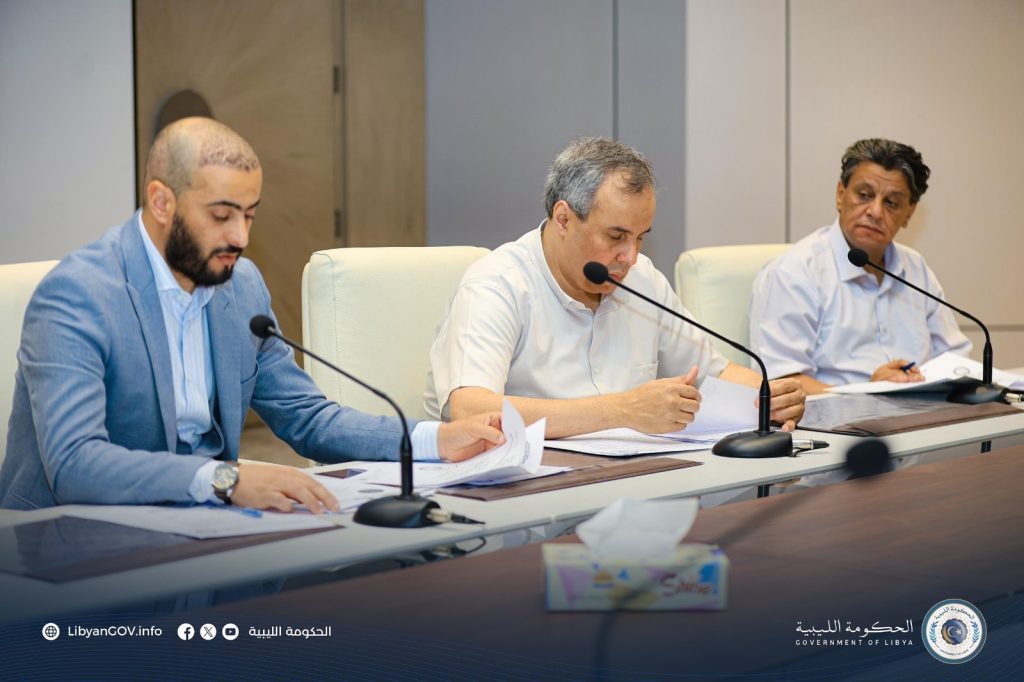
The government reaffirmed its commitment to stabilizing the country’s energy supply as a strategic pillar for economic development. In this regard, Dr. Hamad emphasized the importance of the electricity company “responding swiftly and effectively to the needs of citizens and the national economy.”
The General Assembly will continue its work in the coming months, monitoring the implementation of approved reforms and developing new strategies to strengthen Libya’s power system amid persistent instability and increasing energy demand.


